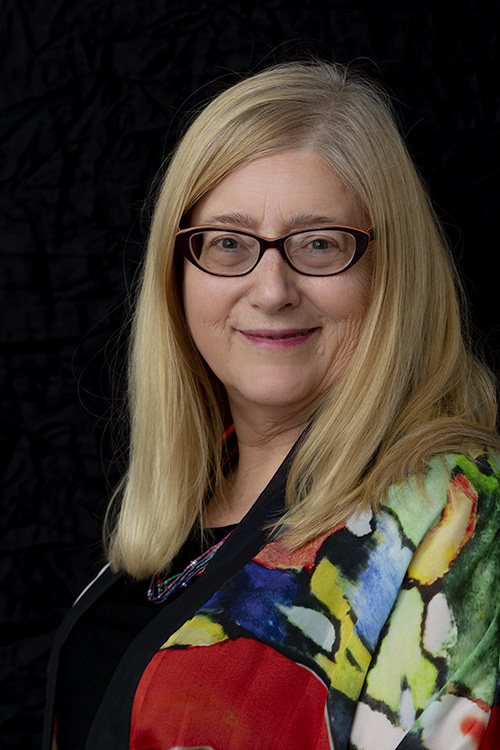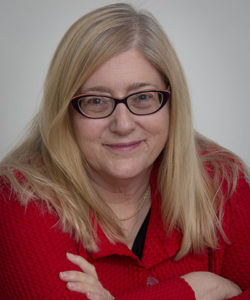The Grandmother Hypothesis
In the 1980s, American anthropologist Kristen Hawkes observed Hadza hunter-gatherers in Tanzania, and realized that the older women spent their time collecting food for their grandchildren. This freed up the mothers to have more children.
Hawkes hypothesized that the fittest grandmothers had the most grandchildren, which created selective pressure for longevity well past menopause in humans (as opposed to other apes, whose lifespan ends just after their childbearing years). Hawkes suggested that as humans developed more complex cultures such as tools for hunting and gathering, grandmothers continued to ensure that children were fully taken care of, and that children learned the value of cooperation. After all, it is cooperation that defines the value of grandmothers in evolution.
Perhaps not surprisingly for such a woman-centered hypothesis, there was opposition to Hawkes’ work. This led Hawkes and others to formulate a mathematical model that demonstrates the presence of grandmothers doubles the human lifespan in under 60,000 years, even with conservative assumptions about how grandmothers add value. Other researchers have expanded on the Grandmother Hypothesis, showing that physical and mental robustness later in life are uniquely human and tied to the value of grandmothers. The investment in grandchildren by providing knowledge and social skills is still being explored.
We can hope that the sexuality of late life women will also be woven into the hypothesis as studies continue; after all, knowledge about the joy of human sexuality is part of the culture we can pass on. We can think of the Grandmother Hypothesis as the biological basis for revering our elders. It is also valuable as we define the meaning of our own lives past menopause.
It is no accident that we live long lives. Whether or not each of us is biologically a grandmother, we are here to pass on what we know, what we have learned through our decades of life, to those coming up.
We live long past menopause because grandmothers in past ages were essential to humans becoming complex, long-lived, social beings. Our wisdom keeps us alive.


